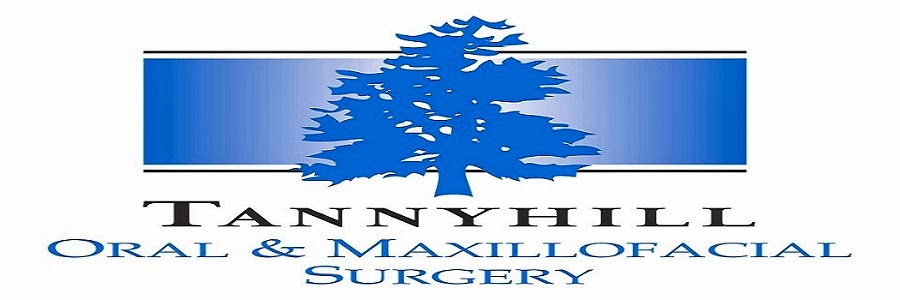A beautiful smile can melt
many people's hearts and open a lot of social opportunities.
Likewise, a tight-lipped smirk can turn off people and get you
nowhere. However, what makes for a pretty smile and why would some
people rather hide their teeth with a sneer?
Most people do want to give
their best smile, but there are times when they just couldn't because
they're afraid to show their pearly whites. Oftentimes, it's a simple
matter of missing teeth. People with complete set of white teeth
usually want to show them off with their smiles, and the opposite is
true for those with damaged or missing teeth—a smile may be too
much of an effort.
Fortunately, these days a
missing tooth (or even several teeth) is a problem that's easily
solved with dental implants. An oral surgeon is the one that can
provide you with this solution to your reluctance to give that
elusive smile. With dental implants, you can have natural looking
teeth back with hardly anyone noticing the difference.
Dental implants provide the
appearance and comfort of natural teeth including improved speech.
Have you heard or seen anybody talk with several teeth missing? It
can certainly sound and look a bit awkward. Most importantly, dental
implants restore your self esteem. Hence, if you're missing any
tooth, don't lose any time getting in touch with your dentist, as
dental implants can give your confidence that much needed boost.
